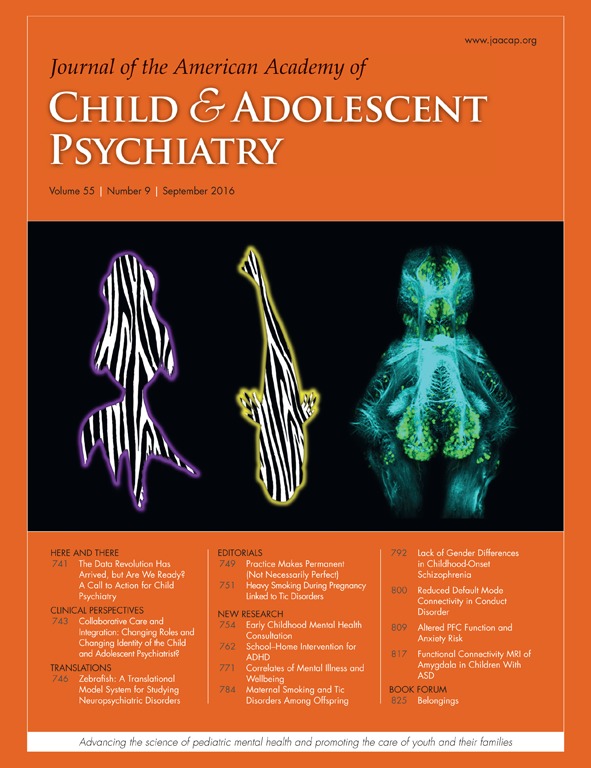
In September 2016, a rigorous random controlled trial of ECCP was published in the Journal of the American Academy of Child and Adolescent Psychiatry. This is one of the first times an Early Childhood Mental Health Consultation program was researched using such a rigorous research method. The design of the study allowed researchers to compare outcomes between children in classrooms that received the ECCP service and children in classrooms that did not receive the service.
The results of this study showed that in classrooms where teachers received ECCP services, children were rated as significantly lower on measures of hyperactivity, restlessness, externalizing behaviors, and problem behaviors when compared to children in classrooms where teachers did not receive the service. As a result, we can confidently draw the conclusion that ECCP services help reduce a variety of challenging behaviors children display in classrooms.
Young children are often suspended and/or expelled from their centers when they display challenging behaviors. It is very important to provide Early Childhood Mental Health Consultation to Early Care and Education (ECE’s) centers. The ECCP effectively works with ECE centers, building partnerships and supporting teachers, administrators, and parents in building their capacity to support children’s social, emotional, and relational development. As the research has shown, teacher’s who receive ECCP services report a decrease in children’s challenging behaviors. We can conclude that by partnering with the ECCP, Early Care and Education centers can build their capacities to more effectively support children with challenging behaviors, thereby decreasing the rates at which young children are suspended or expelled from their centers.
Gilliam, W.S., Maupin, A.N., and Reyes, C.R. (2016) Early childhood mental health consultation: results of a statewide random-controlled evaluation. Journal of the American Academy of Child & Adolescent Psychiatry. 55 (9), 754–761. http://dx.doi.org/10.1016/j.jaac.2016.06.006

